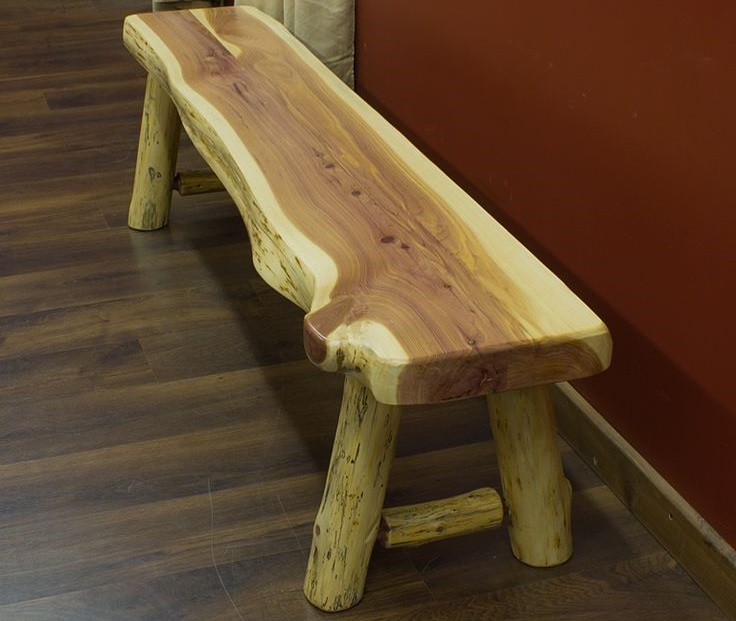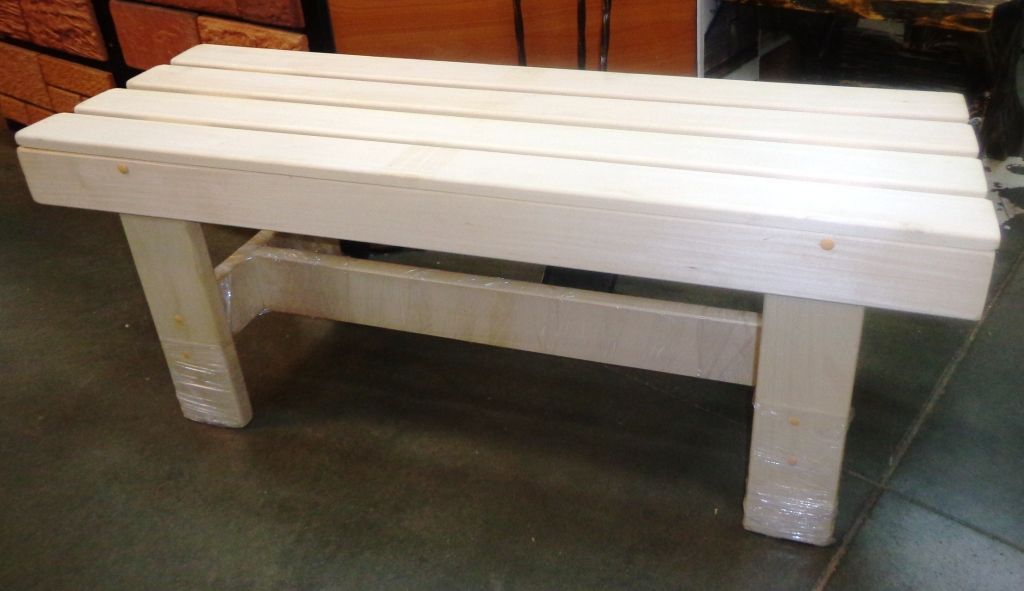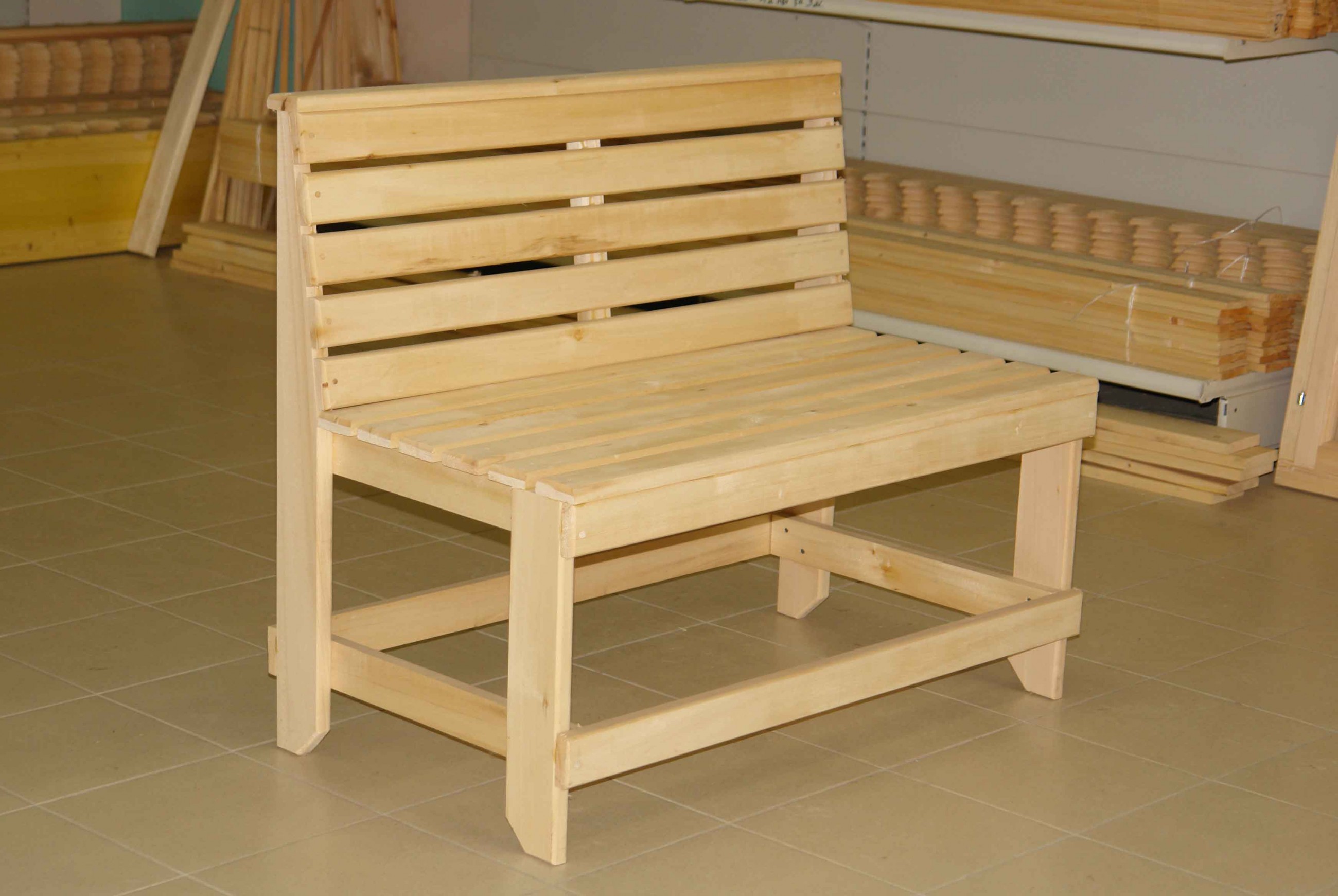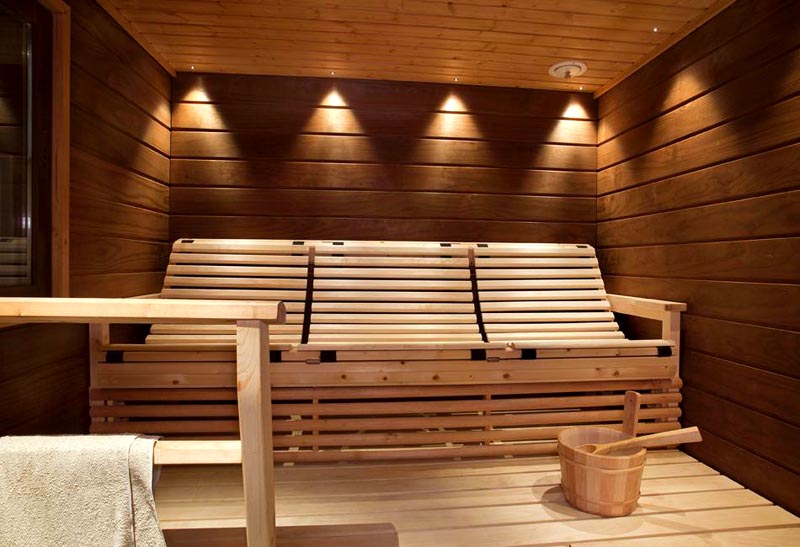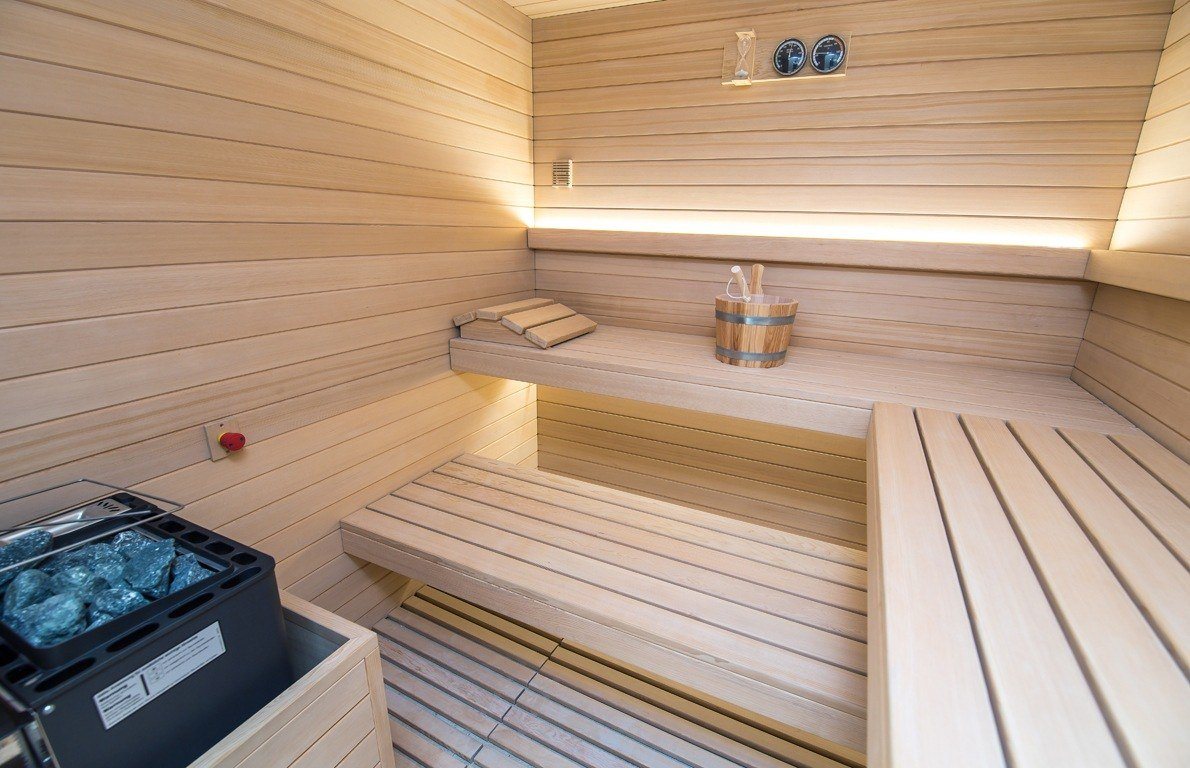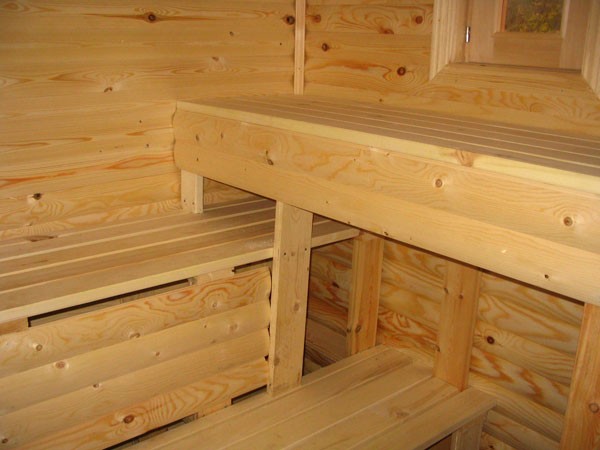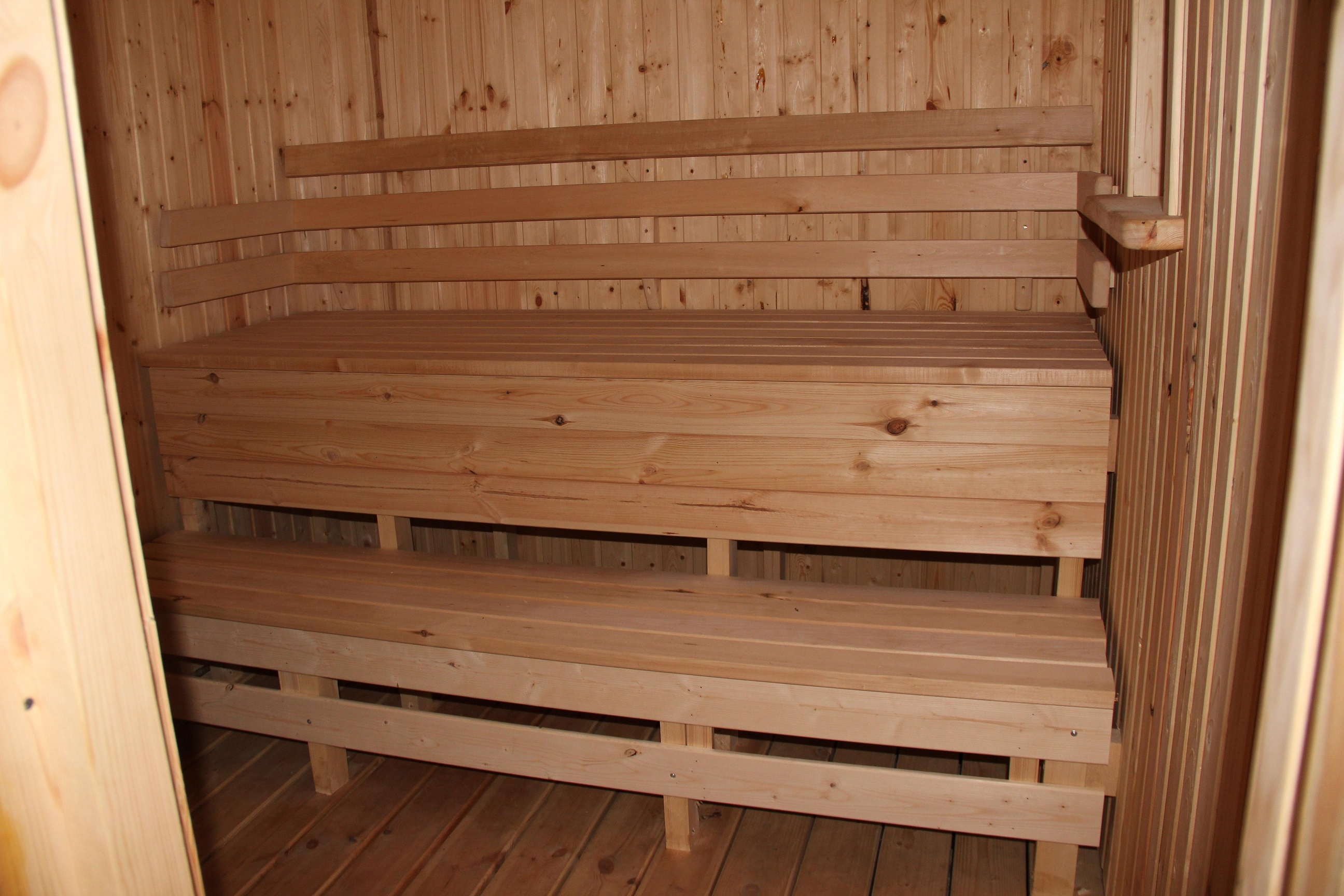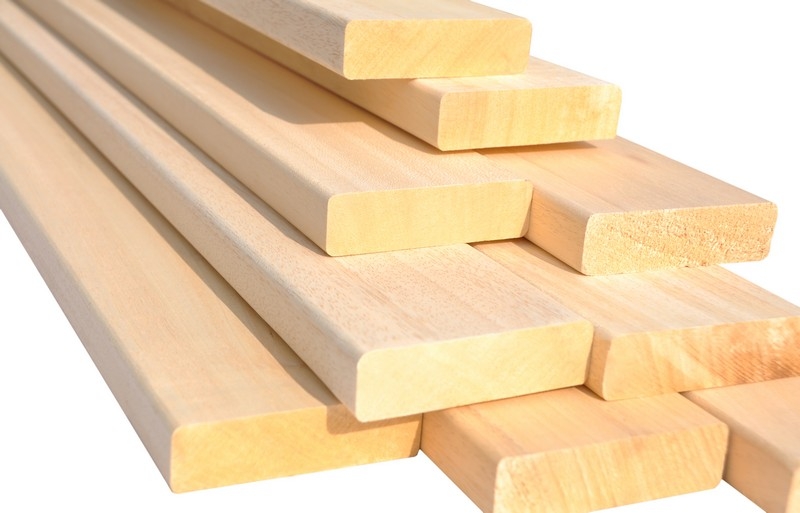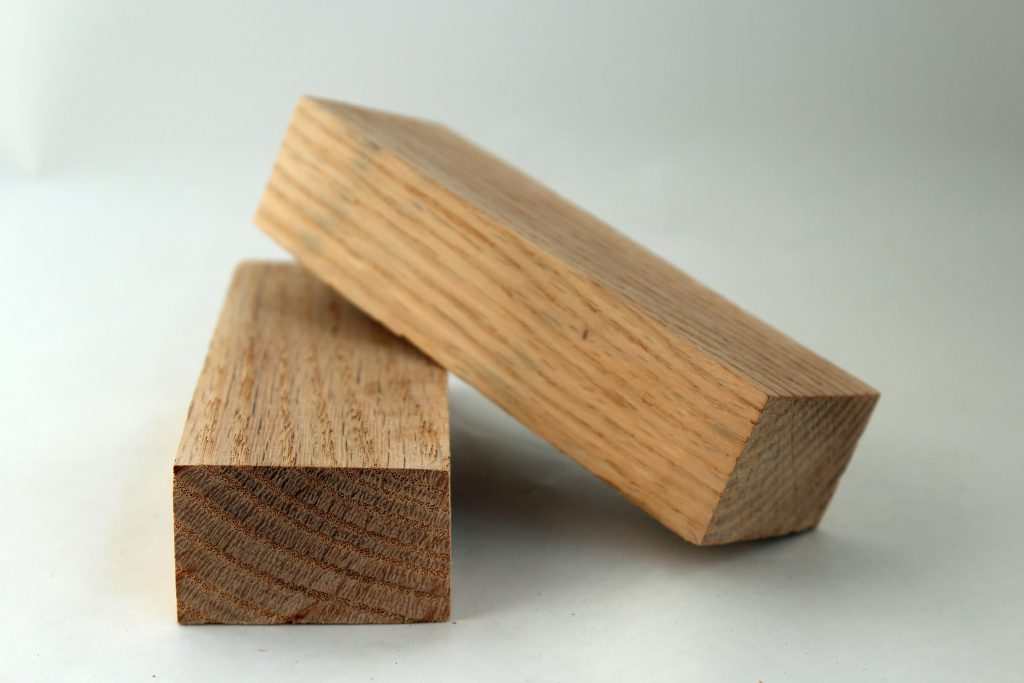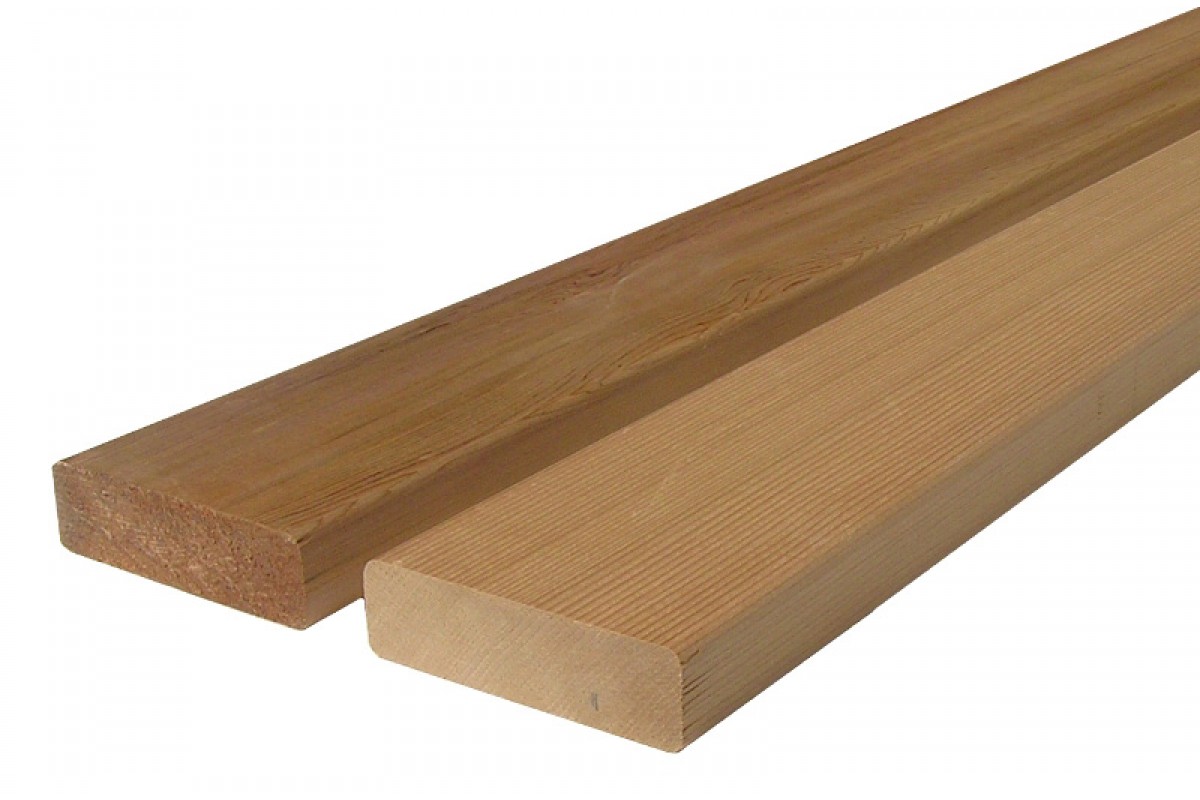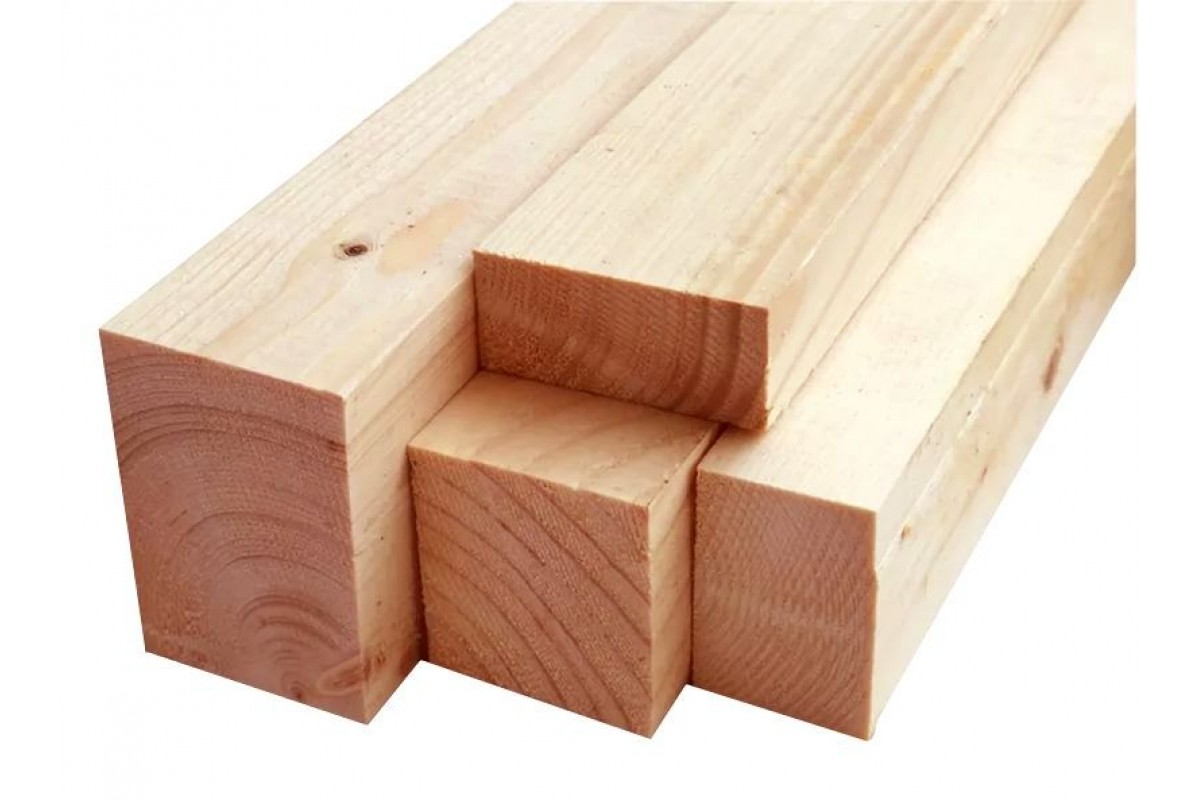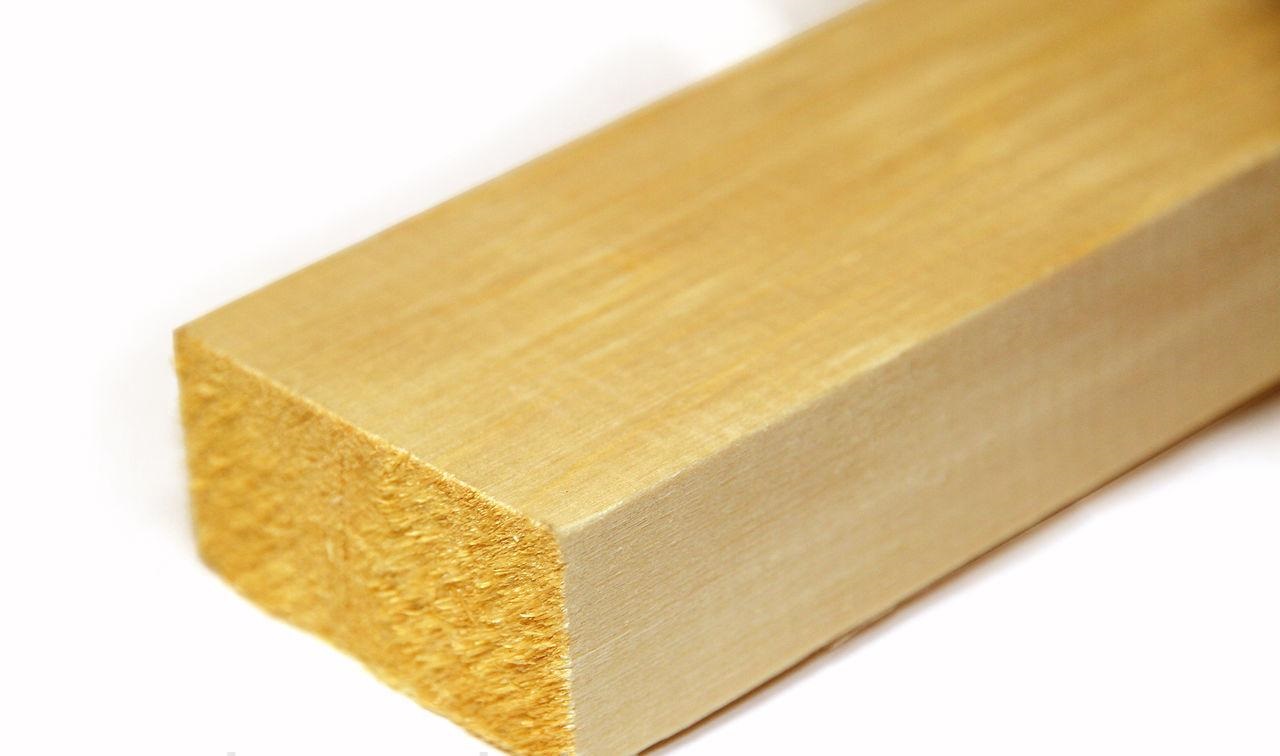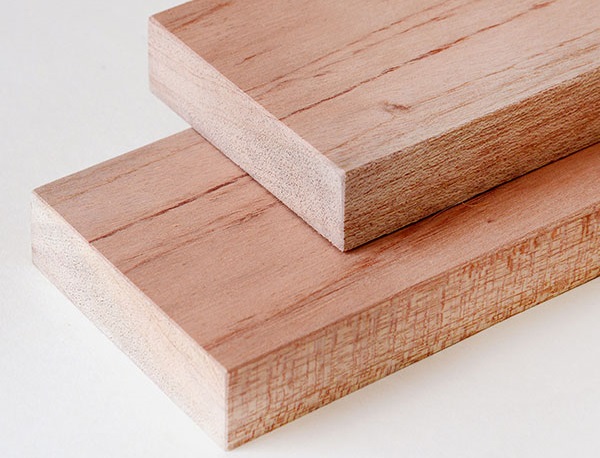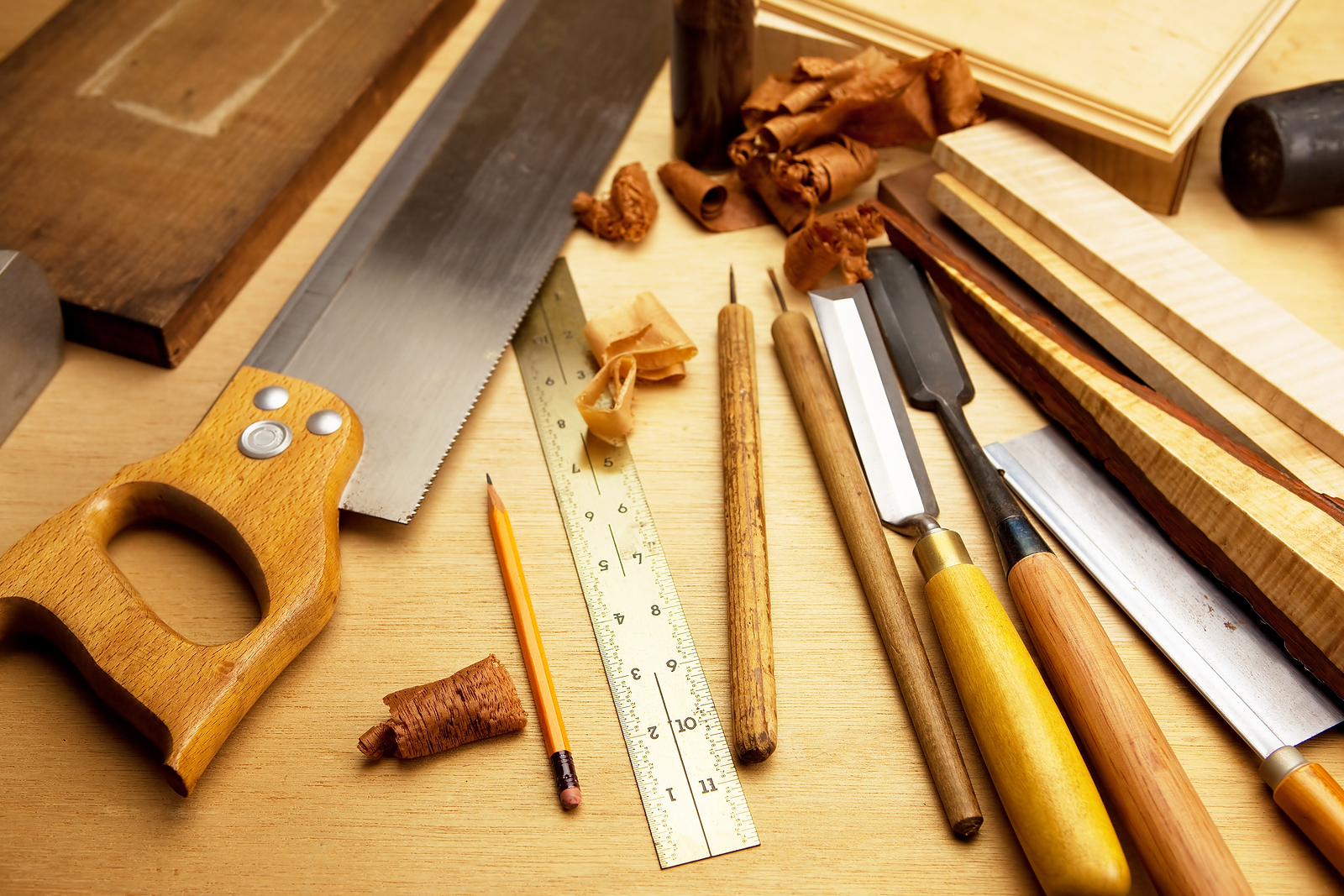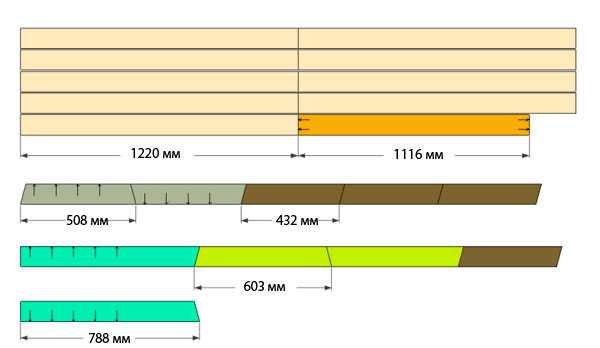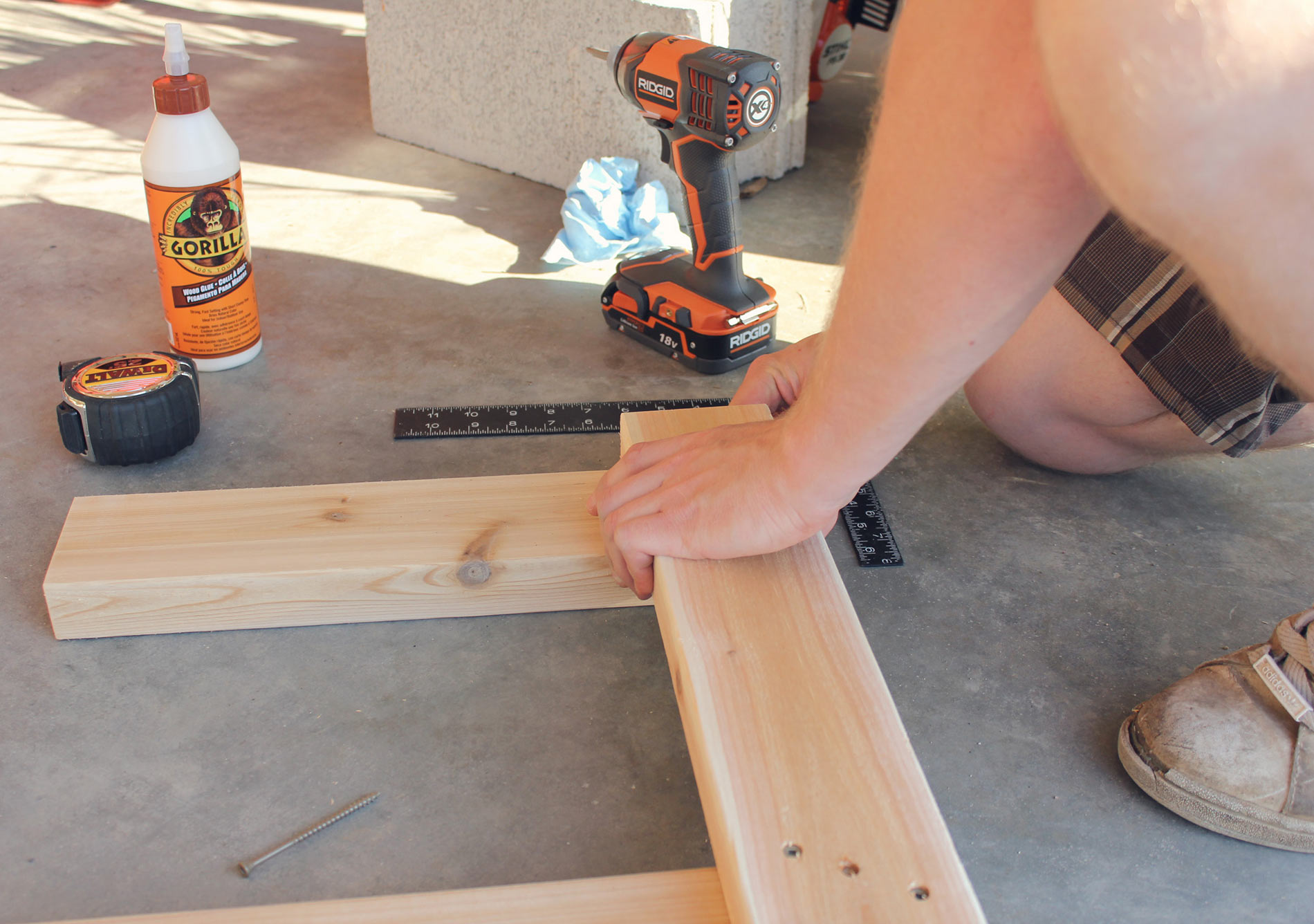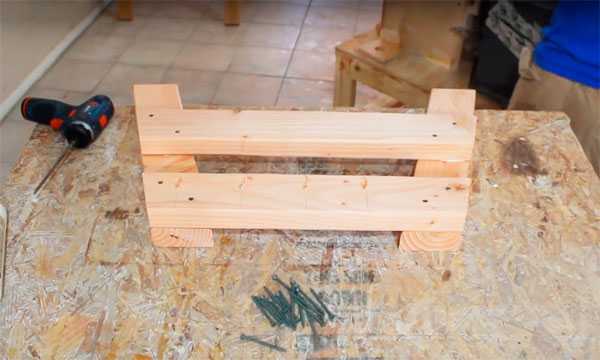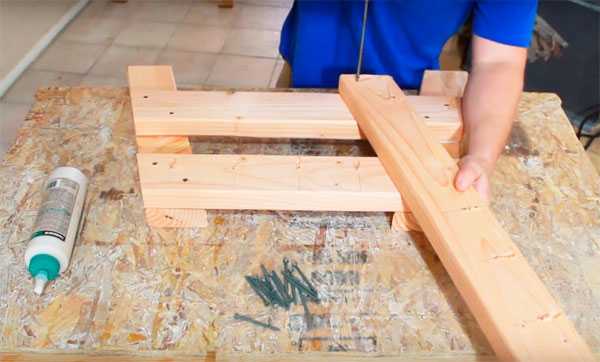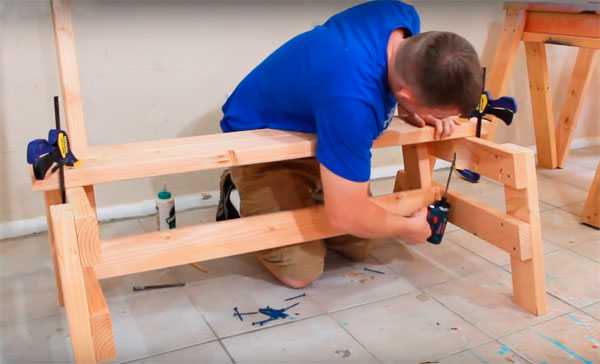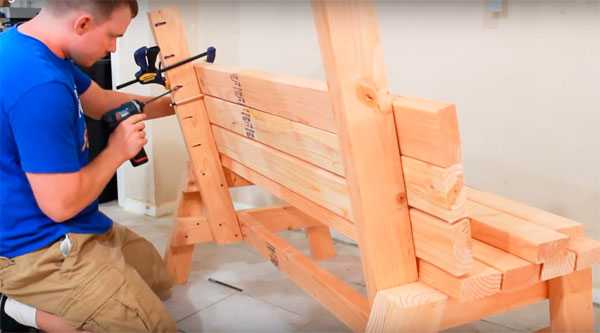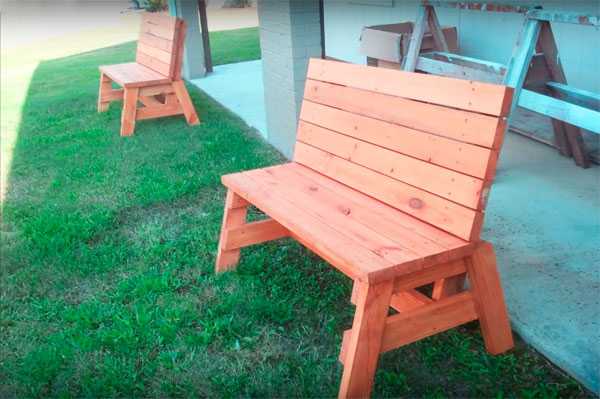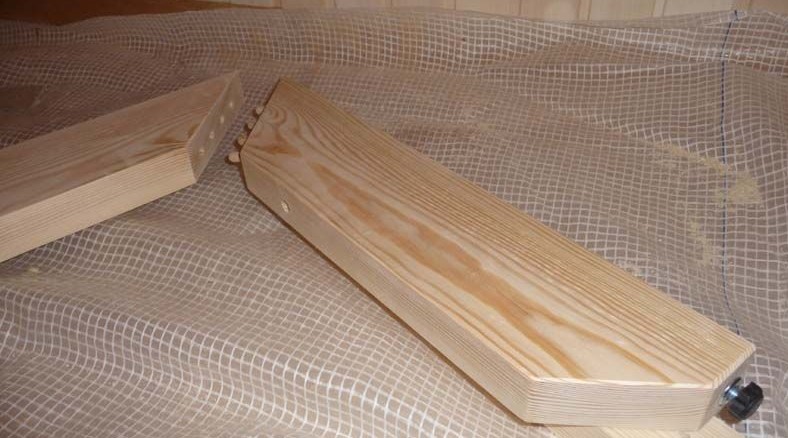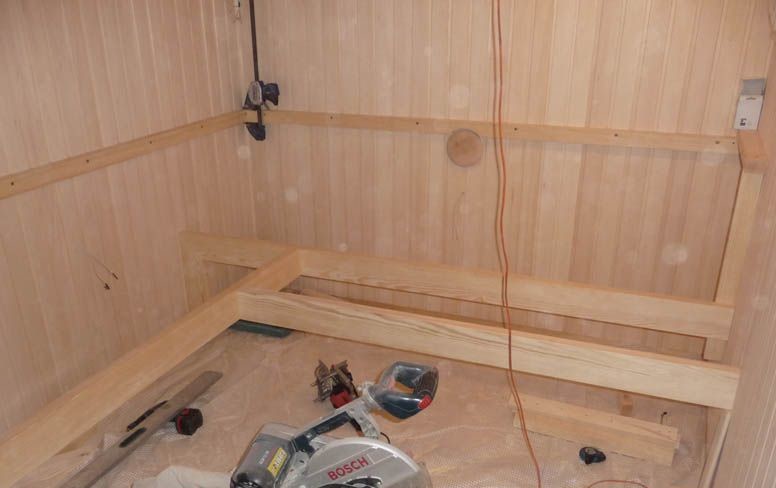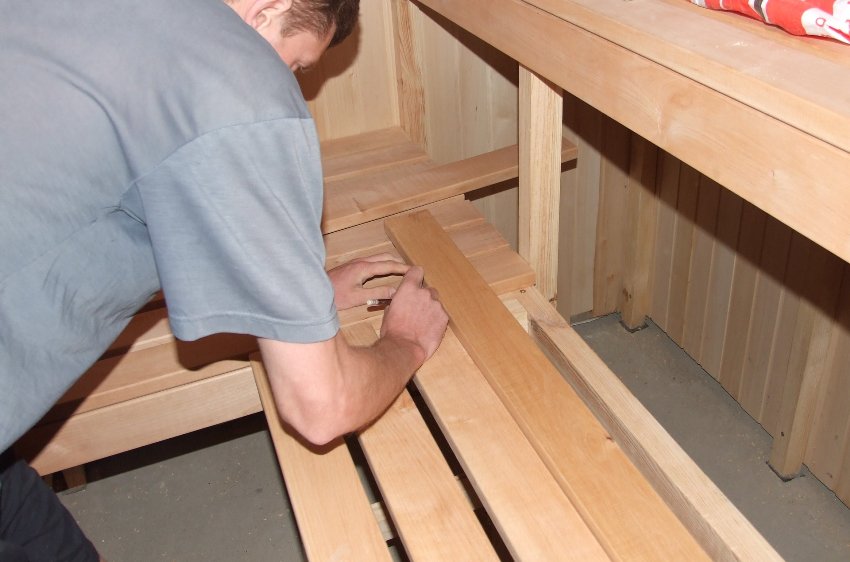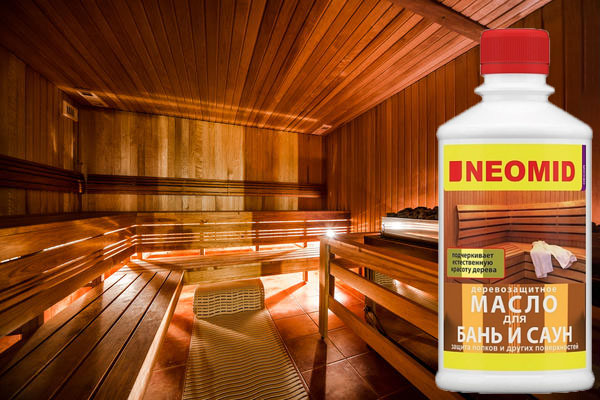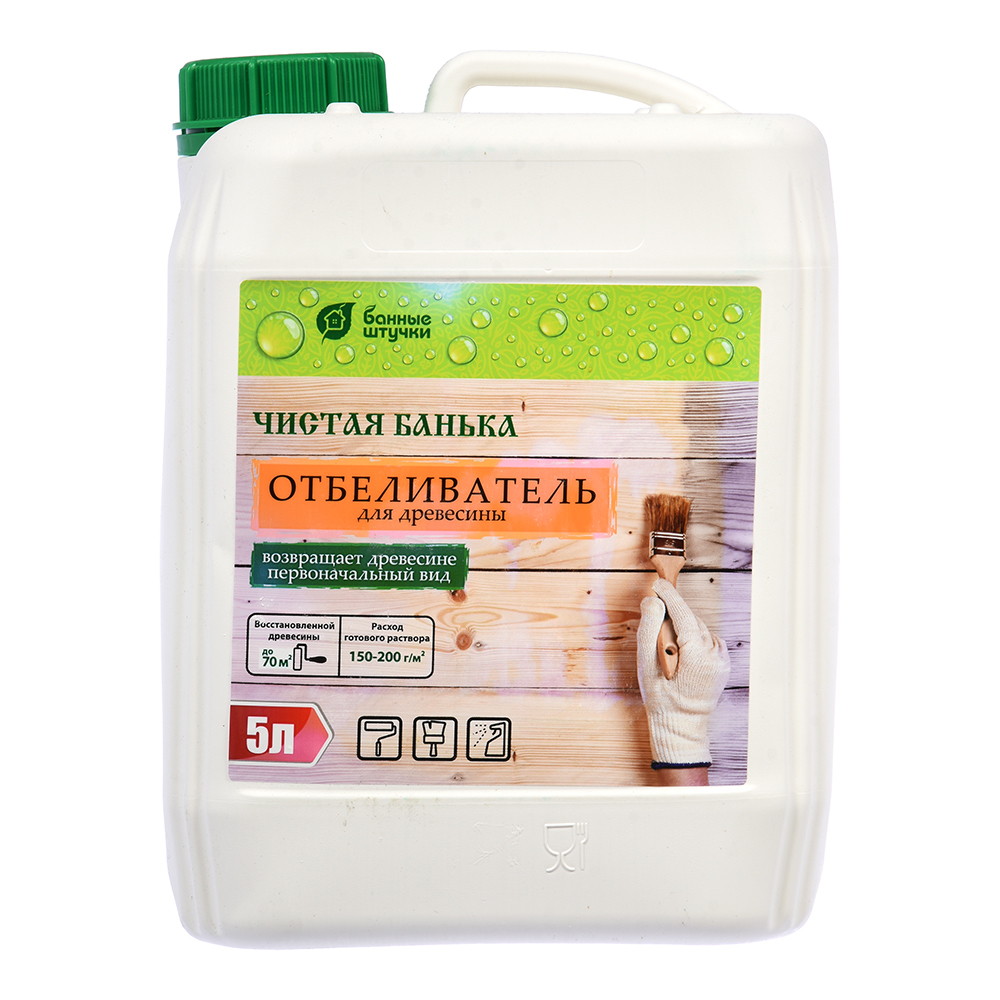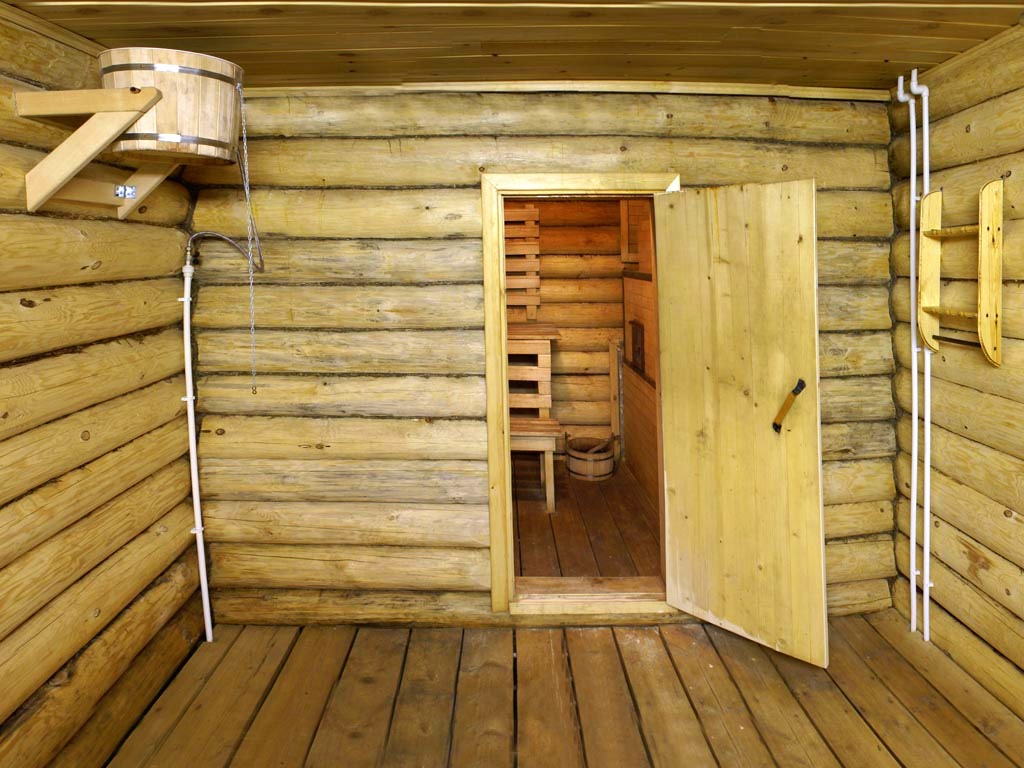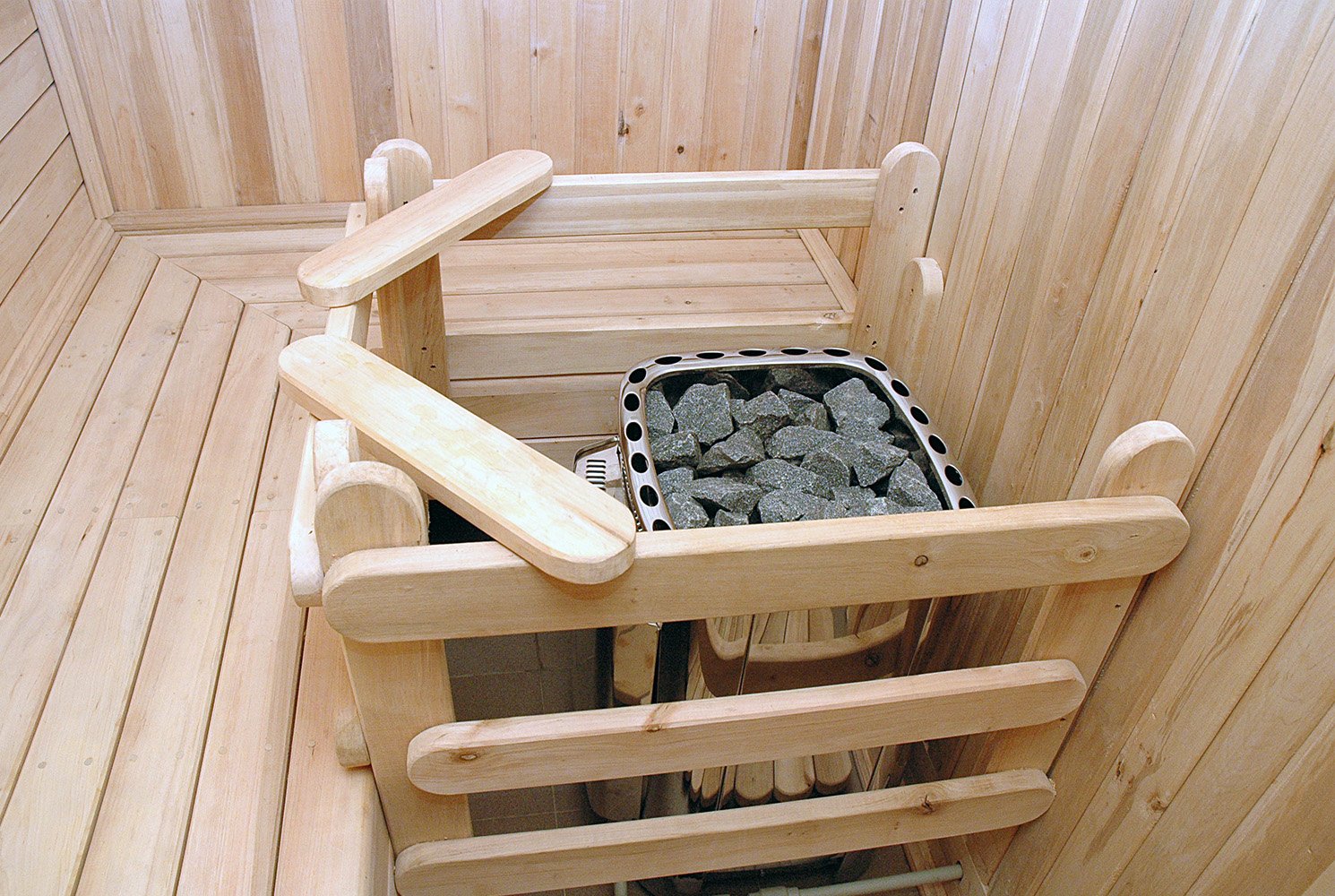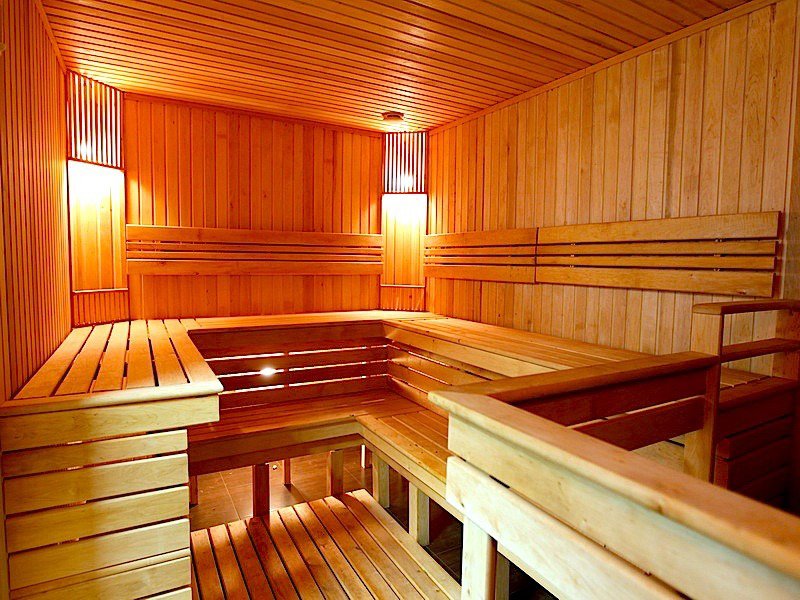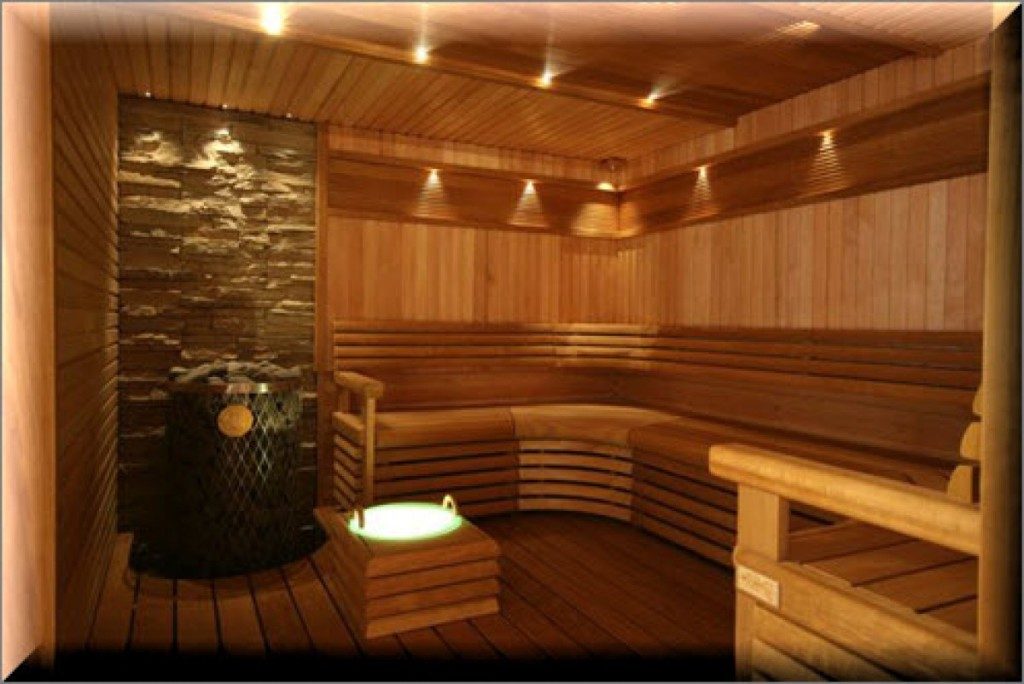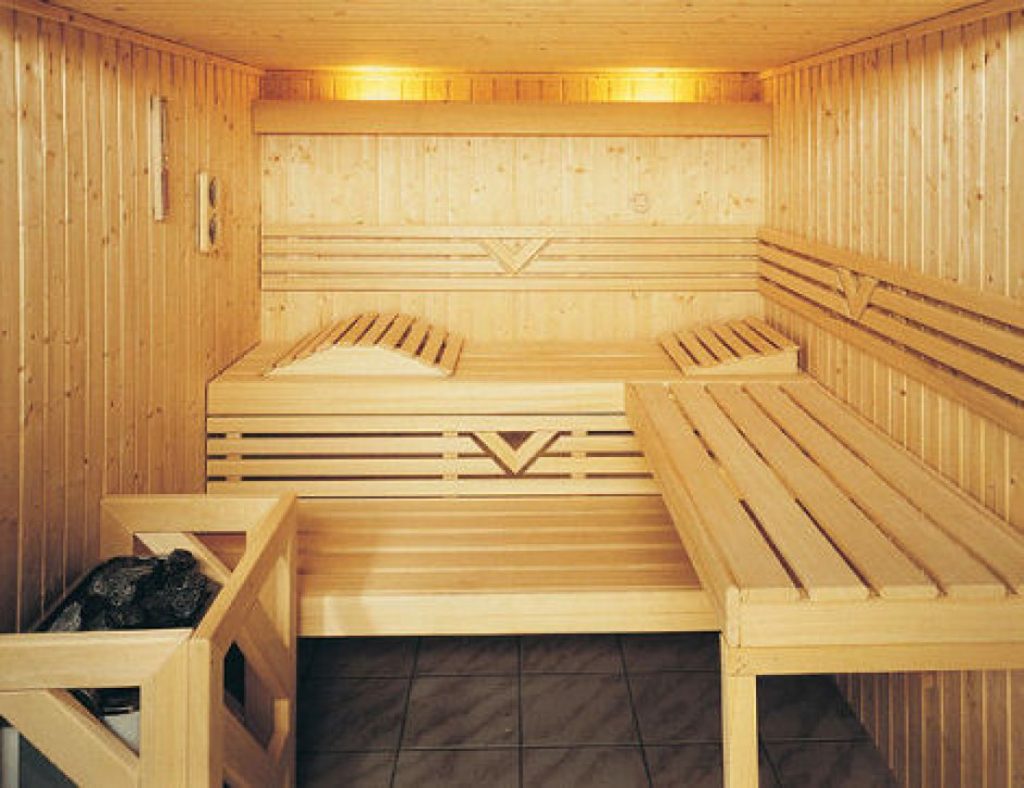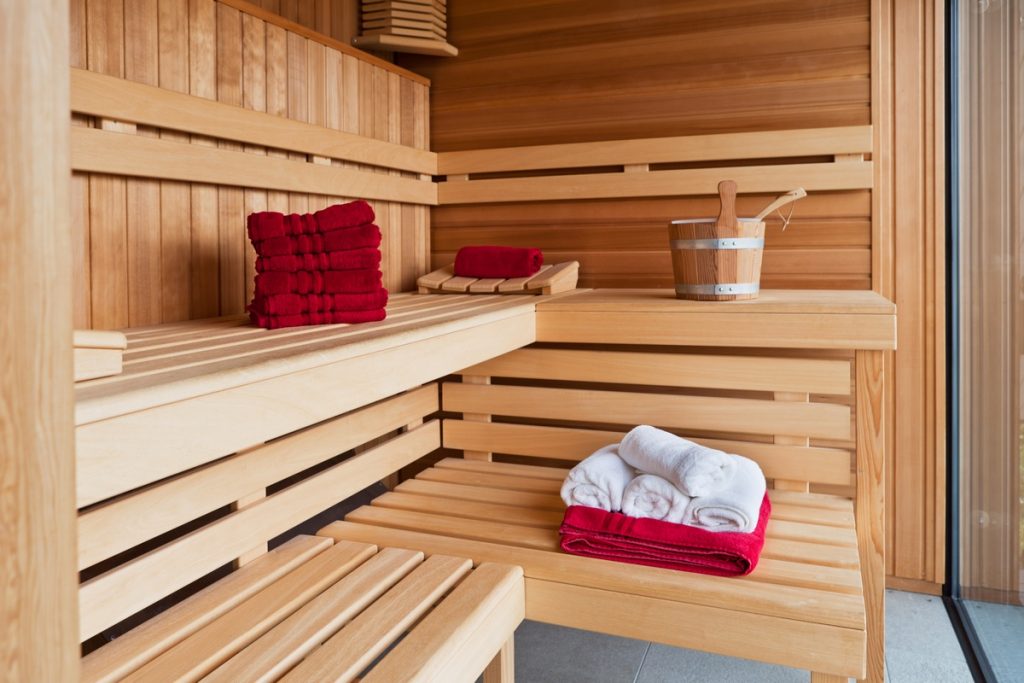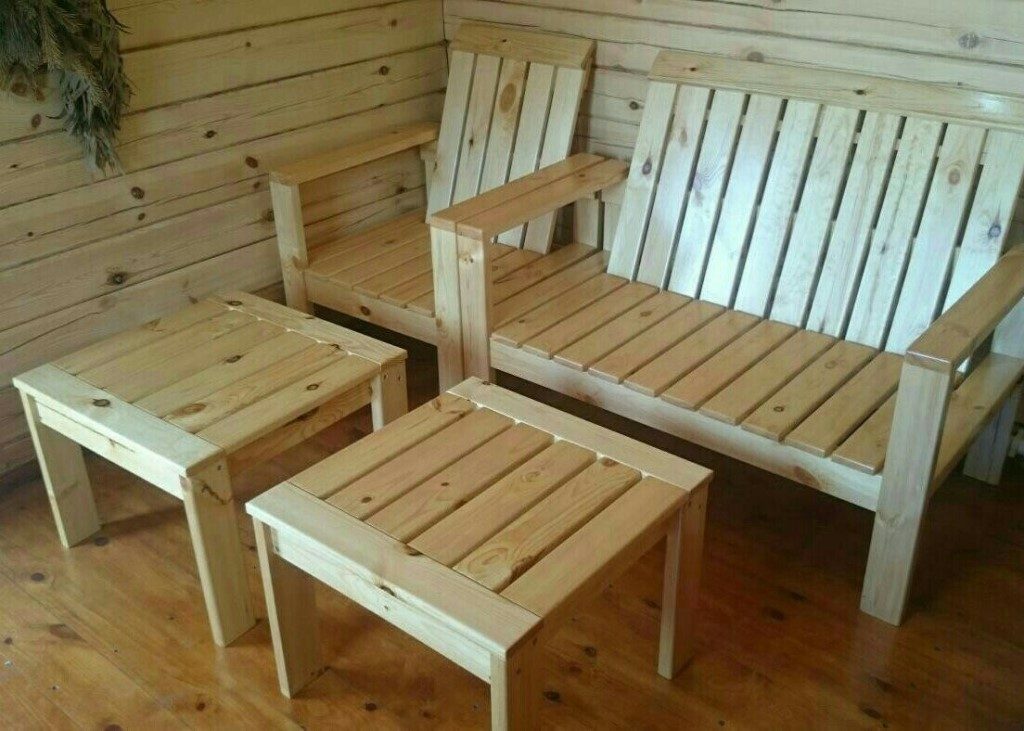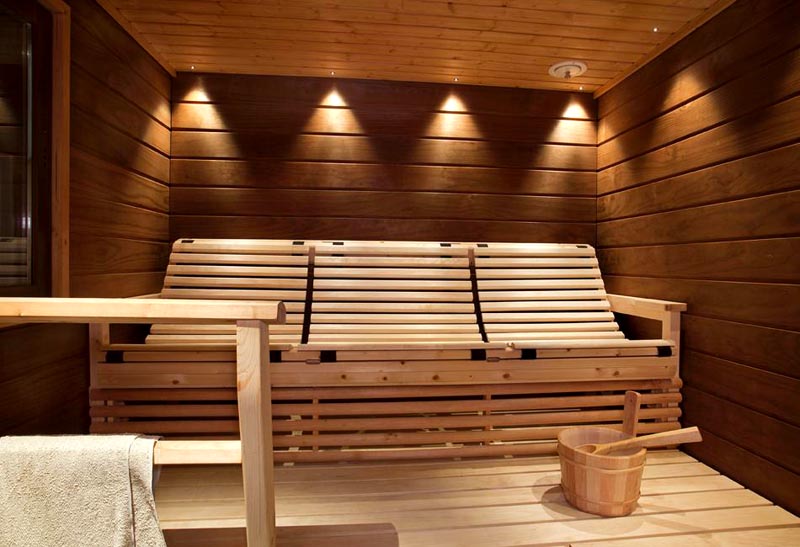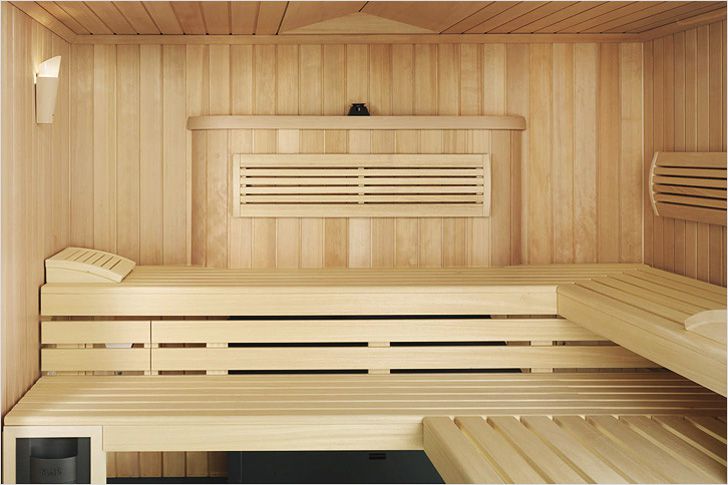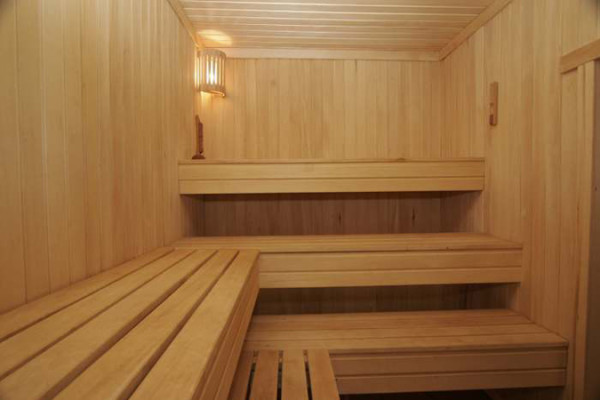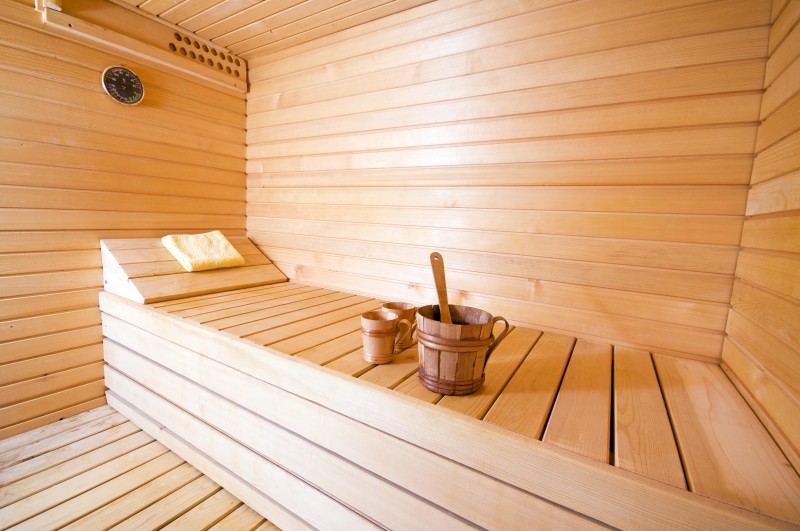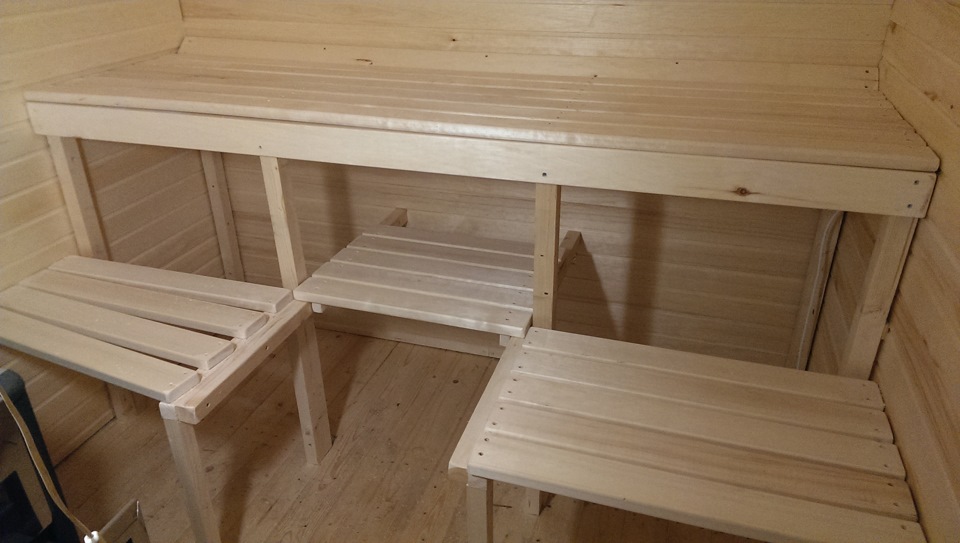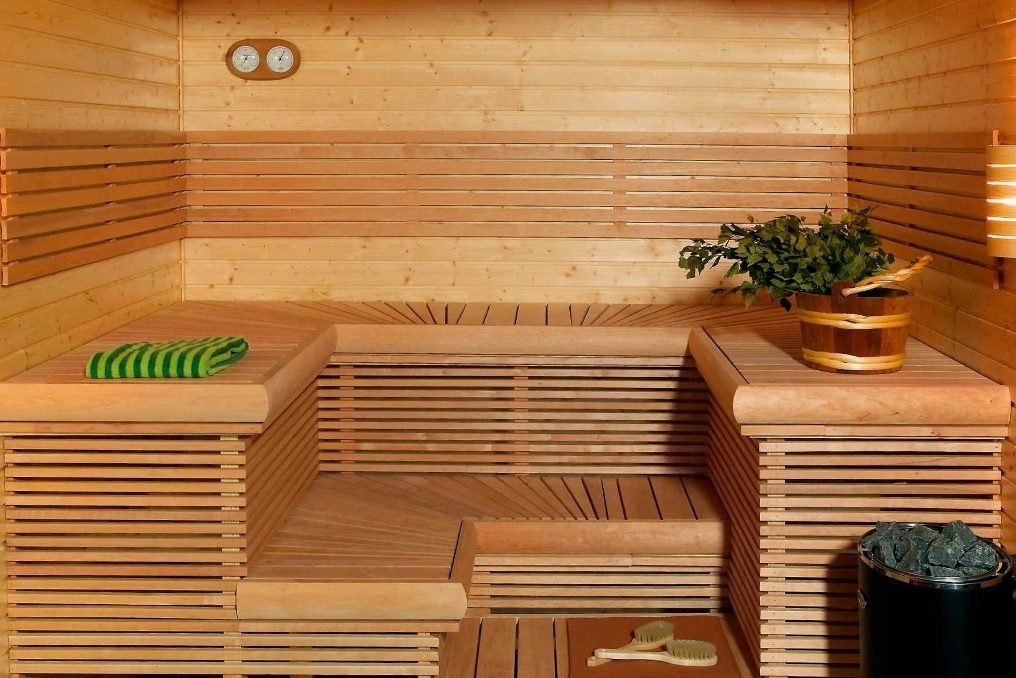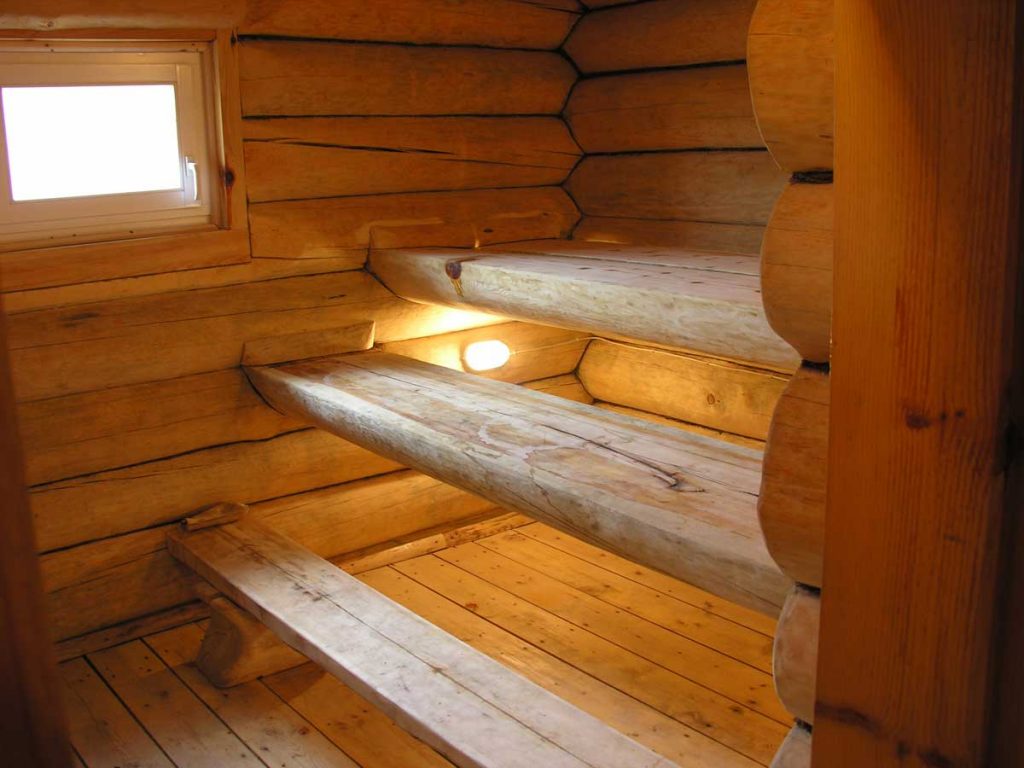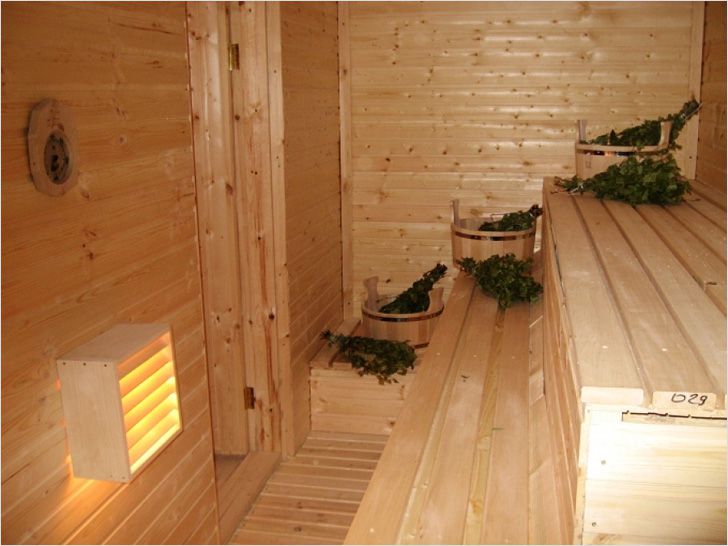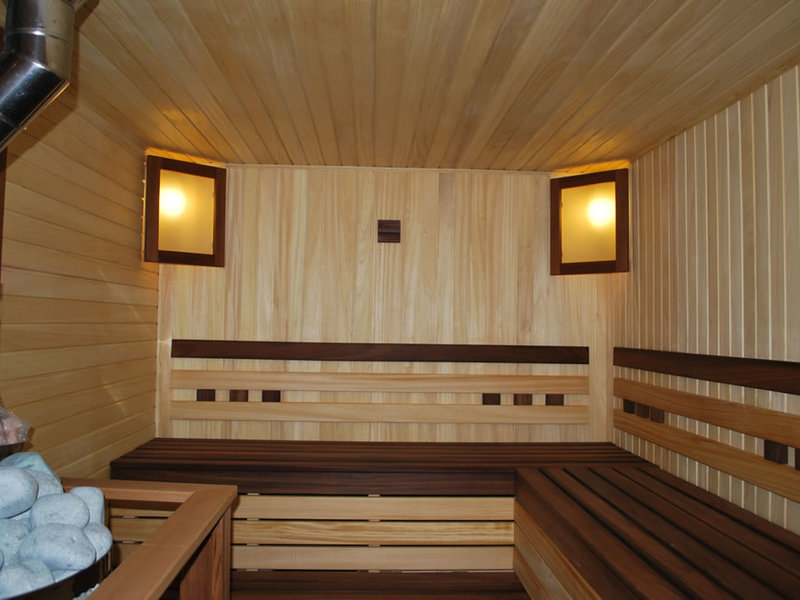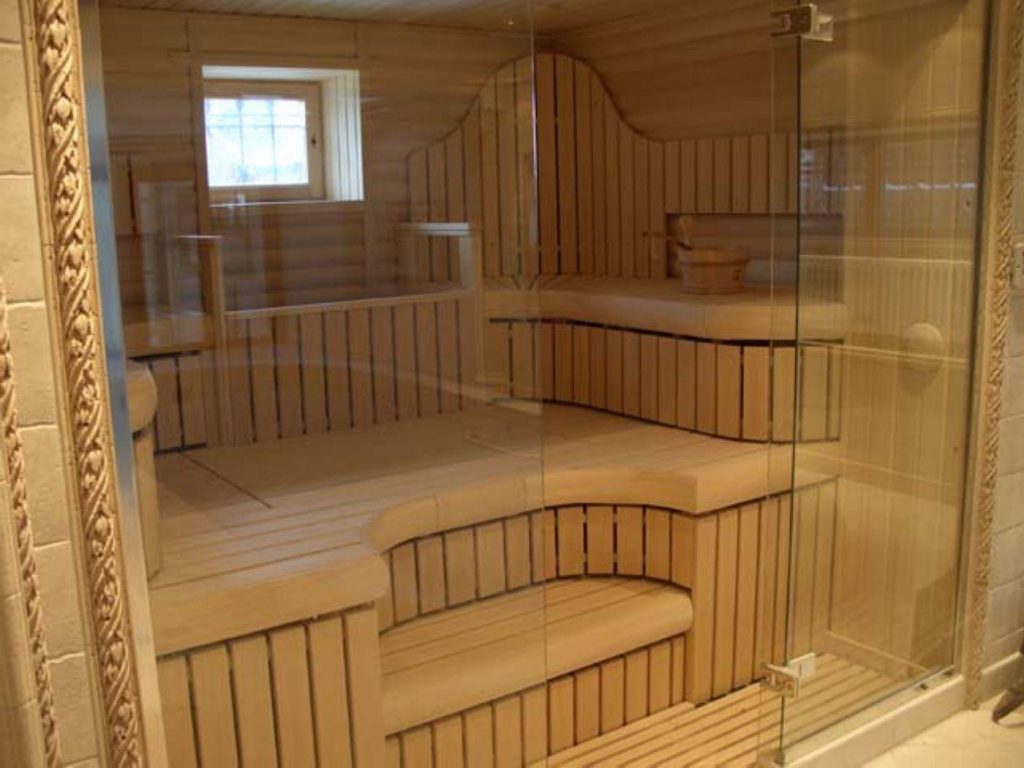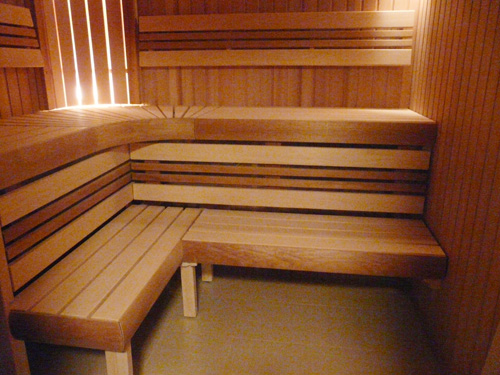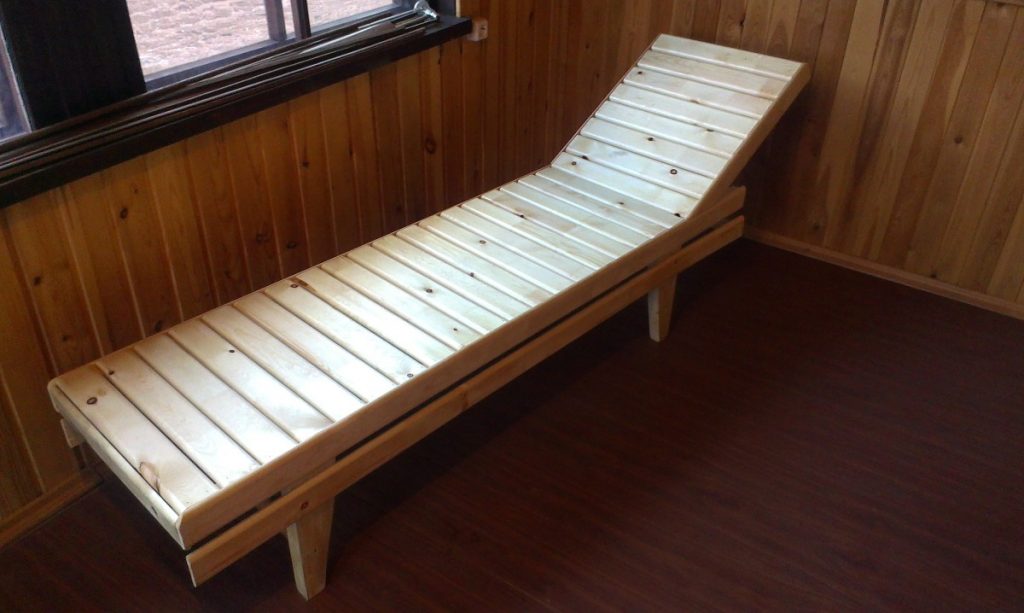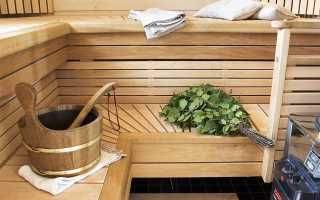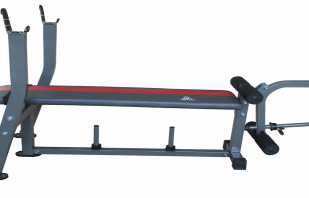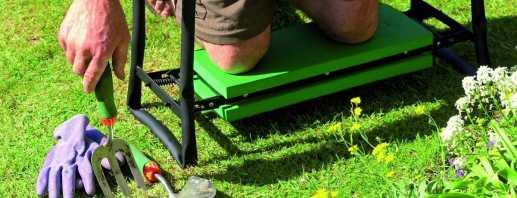How to make a bench for a bath, basic requirements for wood
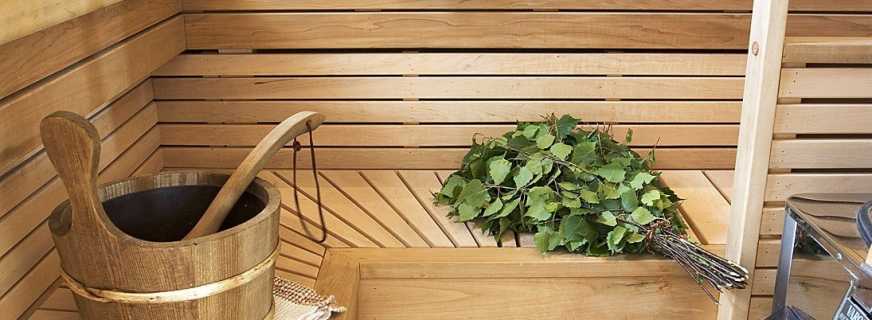
For the construction of the bath can be used completely different materials: brick, blocks, wood. As for household items and furniture, then you need to be more careful, since they are operated in extreme conditions. If you need a bench for a bath, you can make it yourself. This product must be functional and durable.
Content
Product Features
The main feature of benches for a bath is resistance to temperature differences and moisture. This product is also in direct contact with the skin, so it must be safe and environmentally friendly. A bench for a bath should have the following characteristics:
- High density of wood, ease of processing.
- A small amount of resins in the composition of the material.
- Low thermal conductivity.
- No risk of deformation of wooden parts when heated.
- Compactness and stability of a product. The bench for the bath should not have sharp corners or protruding parts. The center of gravity of this furniture is low.
- The absence of metal elements in places where they may accidentally come into contact with the skin, as there is a risk of burns.
- Well polished wood parts.
- The use of natural protective equipment for processing furniture.
- The bench is installed only at a blank wall. In this case, the distance to the radiators must be observed. A small gap between the bench and the wall is also required.
It is forbidden to use paint or varnish for finishing. Constant exposure to moisture will cause this layer to deteriorate quickly. At high temperatures, varnish and paint can also emit harmful fumes.
There should be free space under the bench so that it can dry quickly.
Types and sizes
It all depends on the installation location and the purpose of the furniture. However, there are some standard options:
- Bench for lying down. Its width is 90 cm and its height is 50 cm. The length of the product is 90 cm per 1 person. If the bench is designed for several vacationers, then each of them requires another 60 cm of additional area.
- For sitting. Width - 40 cm, height - 50-90 cm. Since a bench of this type has a back, its height is 110 cm.
- For saunas. The height of the device is 50-90 cm, the width is 60 cm. The backrest is the same as in the previous version.
The bench in the steam bath has a length of about 180 cm. This furniture can be mobile or stationary. Types of products by design are presented in the table.
| Design | Characteristic |
| Single tier | The simplest design for smaller rooms. Most often, it is portable, so it can be installed in any room of the bath. |
| Bunk | It is installed in large rooms and can fit a person of high or medium height. In order to get to the second floor, there is a staircase (attached). |
| Three-story | It is installed in a large bathhouse, where it is possible to withstand a distance of 130 cm from the upper shelf to the ceiling, and 100 cm between tiers. The lower shelf is small. |
| Stepped | It is applied in small rooms. A person can sit on the upper shelf, and the lower step is designed to sit or helps to climb up. |
When installing multi-tiered products, preference should be given to those options in which the upper parts are removable and the middle ones are stationary.
The choice of material
To make a bench in the bathhouse with your own hands, you need to decide which wood will be used. The technical characteristics and durability of the furniture depend on this. Typically, such breeds are used in production:
- Oak. It is durable, durable, practical, while it has a beautiful texture and high cost.
- Linden. When heated, this material emits a pleasant aroma, useful substances will be released. Over time, under the influence of moisture, such a sauna bench will darken, but this is the only drawback. An advantage is durability, wear resistance, and the absence of deformation during overheating.
- Maple. The material is resistant to moisture, does not crack, does not darken. It has low thermal conductivity and high strength.
- Cedar. Such wood is easy to process, durable. It absorbs a small amount of moisture. At the same time, it has an excellent smell, beautiful texture, antiseptic properties.
- Larch. It can last a long time, but it is expensive. Wood has a beautiful pattern and high density, which ensures its strength and resistance to deformation. But the weight of the material is large, it is difficult to handle.
- Aspen. The cheapest wood, which quickly begins to rot under the influence of moisture, but does not crack. Such a bench for the bath is allowed to be used only in dry rooms.
- Birch. Strong and dense wood, which does not lose shape, is not subject to deformation, even with prolonged exposure to moisture. Birch is a relatively cheap material.
- Abashi. Exotic rock with low thermal conductivity, durability and resistance to moisture.
- Meranti. Wood with a beautiful appearance (it is red). It withstands temperature extremes, practically does not heat up. The material is lightweight and not afraid of moisture.
In the steam room you can not use bath products made of spruce and pine, as they emit tar when heated, which can cause a burn. Such a shop can be put in a dressing room or a washing room. Oak, poplar, aspen, birch and linden are more suitable for the steam room. Any material is acceptable in the lounge.
Creating a design drawing
To make a bench for a bathhouse with your own hands, you must first create a drawing of it, indicating the width, length and height of each part of the structure, as well as the dimensions of the additional elements. Naturally, you need to determine the shape and type of product. If there is a back, in addition to its height and width, an angle of inclination is required.
Do-it-yourself drawings are not so difficult. To create, you need the dimensions of the room itself. All wooden components are cut strictly according to the parameters indicated in the figure. For convenience, the drawing can be made in several projections.
DIY making
Before starting work, you need to prepare not only a drawing, but also the necessary tool. For different designs, it may vary.
Simple shop
For the manufacture of the product, such tools are required: a screwdriver, a hammer or a mallet (if the fasteners are wooden), a planer, a grinding machine, a jigsaw or a hacksaw for wood. For subsequent processing of the product with protective equipment, brushes of different lengths will be needed. Still need boards with a cross section of 50 x 100 mm.
For seating, you need 3 pieces of 180 cm each, for the cross member 1 element (140 cm), legs 4 pcs. 40 cm each, spacer fragments - 4 pcs. on 10 cm, fixing levels. Even an inexperienced craftsman can cope with the manufacture of such a device. You just need to follow these steps:
- Careful grinding of the material, rounding the ends and edges of the boards.
- The elements of the seat are laid on a flat surface so that they are directed the bottom side to the master. They need to be aligned in length, and between them insert small inserts so that the distance is the same.
- Having retreated 20 cm from the edges on both sides, you should determine the center of the seat in width. Fixing plates are fixed here. They will help to combine the elements of the upper part in one design.
- At a height of 15 cm from the floor, struts are attached to the legs. They can then be attached to the seat and mounting plates.
- Cross member installation.
To connect all the elements, it is better to use wooden wedges, pins (if logs are used for the manufacture) or nails. If you decide to use metal screws, then their hats need to be drowned in the body of wood, after which these places are putty. You can also screw them on the back of the bench.
Bunk bench
Such benches for a bath can also be made quickly enough. It requires a wooden beam. The sequence of work is as follows:
- Grinding the material. For the upper shelf, 12 bars of 110 cm and 6 of 90 cm are required. For the lower tier, 6 pieces of 140 cm and the same 60 cm in length will be needed. The cross section of the wood is 50 x 70 cm. For the manufacture of flooring, boards should be used, the size of which is 2 x 12 cm. Their length corresponds to the length of the wall.
- Arrangement of the frame. It is installed at the longest blank wall. To prevent water from lingering on the bench, a gap (1 cm) must be left between the seat boards.
- The transverse ligament of the racks of both shelves is carried out using 3 bars.
- The racks of the upper shelf are connected in a U-shape and are attached to the wall. The lower tier is L-shaped. Its long sides must be attached to the racks of the upper part.
After the frame is completed, it is possible to lay boards for seats on it. They should be fixed with wooden nails.
Remedies
If a shop is made in the bathhouse with your own hands, then you need to take care of its protection from the occurrence of fungus and mold, to prevent fire or a change in appearance. For this, special compositions are used that are applied before the first use of furniture. They should not contain harmful chemical components. The product packaging must be marked«for baths and saunas».
The most resistant to water are aspen and larch. These materials may not be further processed. In other cases, such means will be required:
- Oils. They are quickly absorbed into the tree and do not form a film. Such compounds are used in the steam room and reliably protect furniture from moisture.
- Oil wax. It contains flax or hemp oil and a beekeeping product. This type of product is used in a steam room or in a washing room. When exposed to high temperatures, the substances do not become hazardous to human health.
- Bleach They contain oxidizing agents that prevent the wood from darkening.
- Flame retardants.Since the benches will be used at elevated temperatures, and also close to open sources of fire, the risk of fire should be prevented.
No paints should be used. Since the protection will need to be updated periodically, before applying the next layer, the previous one needs to be cleaned.
Care Tips
Benches for the bath are operated in difficult conditions, therefore, require special care. To make wood furniture last longer, you need to follow these recommendations:
- regularly ventilate the room to prevent the development of fungus and mold;
- every bathing day to complete cleaning of all rooms, drying of all appliances;
- periodically it is necessary to heat the bath empty, bringing the temperature to 100 degrees (in order to destroy all pathogenic microorganisms);
- inspect structures from time to time for rot.
A wooden bench is a must for a bathhouse, which requires proper care. You can make it yourself, and it won’t take much time.


